Gold Coast: New data shows thousands of complaints filed against Queensland cops
Police are sparking almost 12 complaints each day, with a spike in grievances occurring across the State in the past five years. READ THE SPECIAL REPORT
Gold Coast
Don't miss out on the headlines from Gold Coast. Followed categories will be added to My News.
ABOUT 12 complaints are being made against police every day.
Data shows 4363 complaints were made against Queensland Police Service officers in 2018-19, up from 3411 in 2014-15.
About a third (1478) of those 2018-19 complaints resulted in further action, while 2885 were either dismissed or did not lead to ongoing investigations or sanctions against officers.
Research shows the number of complaints involving cops has continued to increase since 2014, peaking in 2017-18 with 4633 “customer” grievances recorded. In those 12 months, 1741 matters led to further action and 2892 were resolved at the time the complaint was made.
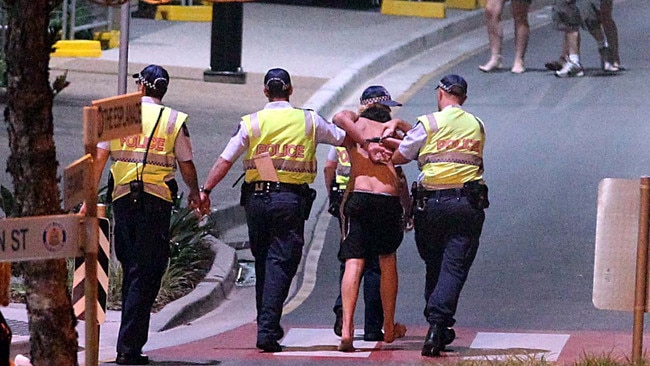
It is understood the data is inclusive of internal, external and police link complaints.
A Bulletin investigation has focused on the independence of the complaints process, which could see working colleagues investigate each other.
Police sources suggest the handling of domestic violence complaints between female and male employees in the QPS remains problematic, with some women officers frustrated by the process.
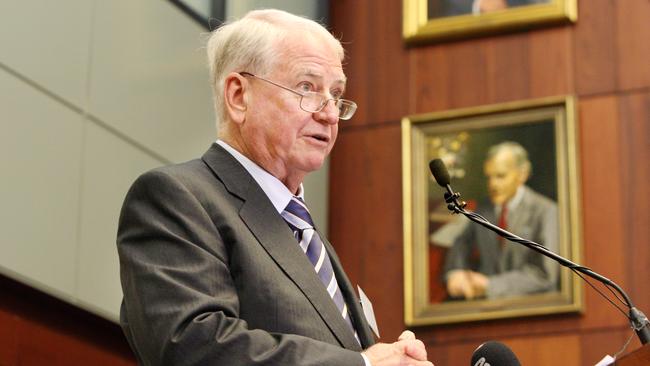
The Ethical Standards Command (ESC) was created in 1997, and follows reforms first introduced by the Fitzgerald Inquiry between 1987-88 into allegations of police corruption. The recommendation from the inquiry was for an independent oversight body to investigate police complaints. The Crime and Corruption Commission now considers serious corruption matters.
Research also shows at least one quarter of all police complaints are made by police themselves.
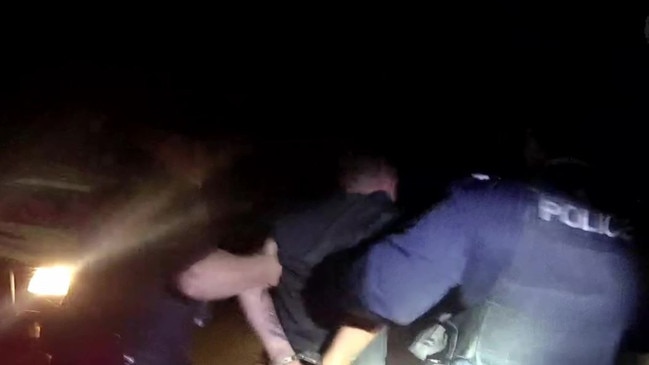
Documents obtained by the Bulletin reveal Senior Sergeant Troy Lehmann, who heads up the bikie-busting Taskforce Maxima, is at the centre of an ESC domestic violence dispute surrounding an investigation involving an officer and former staffer.
Documents show Sen-Sgt Lehman was the “action officer/investigator” in the domestic violence complaint. He was also later the “case officer” for the ESC investigation.
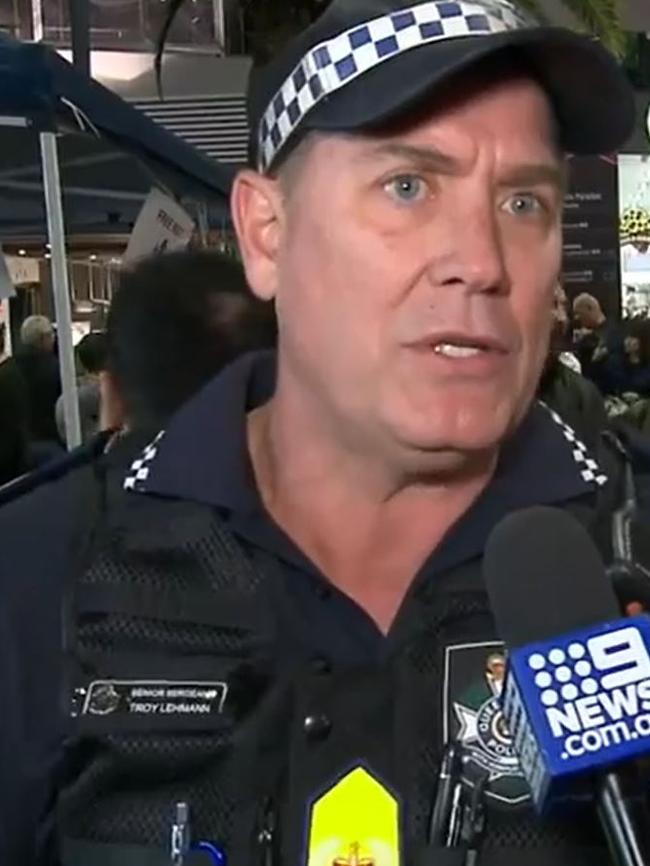
The woman’s grievances are outlined in an affidavit filed to the Queensland Industrial Relations Commission as part of stop-bullying action by then-Senior Constable James Treanor against the QPS.
The case ceased because Mr Treanor was medically retired, but in the past week the file and other police reports have been submitted to the Women’s Safety and Justice Taskforce undertaking a wide ranging review, including domestic violence. The file was released by the Commission after the Bulletin made a request.
The QPS said Sen-Sgt Lehmann was only assigned to investigate disciplinable conduct regarding the female staffer’s ex-spouse, and the inquiry was “handled in accordance to QPS protocols and procedures”.
Bond University Criminology Associate Professor Terry Goldsworthy, a former Coast detective, said it was critical for the public to have confidence when making complaints against police.
Asked about the decision to appoint a police officer to an investigation when involved in the initial complaint, he said: “I would be very surprised if an officer involved in an initial investigation is then assigned to investigate a complaint about the handling of that investigation. Such an arrangement would be inappropriate in terms of transparency and governance.
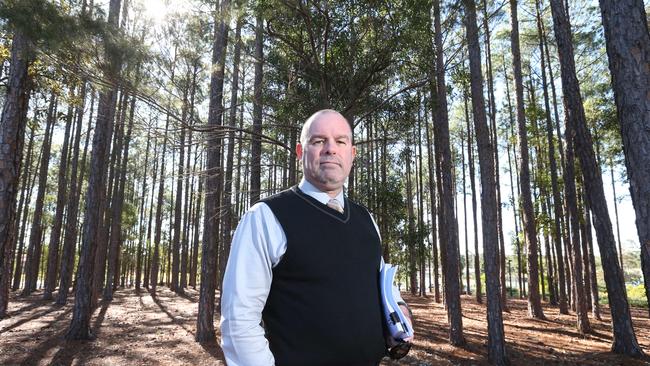
“Senior police need to ensure that the public have confidence in the processes of complaint management if they lodge a complaint of inaction or in relation to a policing response. Any officer assigned to investigate other police, because of a complaint from a member of the public, needs to be at arm’s length from the initial police actions.”
What is the Ethical Standards Command?
THE Ethical Standards Command (ESC) is responsible for managing the internal discipline process within the Queensland Police Service (QPS).
The ESC promotes ethical behaviour and professional practice with the goal of ensuring the community has full confidence and respect for the service.
A complaint about police behaviour is processed through
five steps – assessment, inquiry, action, outcome and review.
Both the ESC and the Crime
and Corruption Commission (CCC) play a role.
When a misconduct complaint
is received it is assessed by a committee including representatives from ESC and the CCC.
The matter can either be handled internally by the ESC or sent to a police district to investigate.
Each police district is assigned a professional practices manager (PPM) that sits under the ESC. This person reports directly to an Assistant Commissioner or director.
Senior management and the PPM discuss the best course of action and assign a case officer.
A case officer is tasked to either conduct a full investigation, make “assessment inquiries” as to whether an investigation is required, or provide managerial resolution.
If serious issues are discovered a matter can be escalated, and the CCC involved. When an assessment inquiry is conducted a “running log” is sent to the PPM with a summary.
The PPM should make appropriate recommendations and discuss the matter with senior management before returning the response to the ESC for consideration.
The investigation report is reviewed by a case manager and when satisfied that all inquiries have been undertaken, a decision is made on whether it amounts to breaches of discipline or misconduct.
History of police investigating police
THE Fitzgerald Inquiry into allegations of corruption in the Queensland
police force was conducted between 1987-88 – and looked at cops investigating themselves.
Commissioner Tony Fitzgerald (pictured) recommended abolition of the Internal Investigations Section and Police Complaints Tribunal and establishment of an independent oversight body.
In 1990, the Criminal Justice Commission (CJC) began operating and all complaints against police were lodged with the CJC.
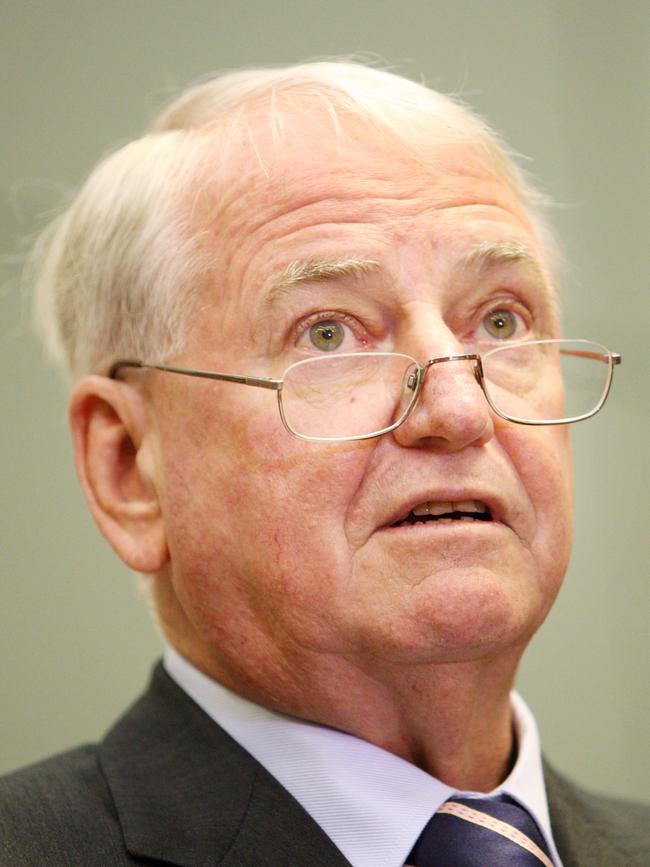
The QPS then began a process to deal with minor complaints and in 1997 created the Ethical
Standards Command.
In 2002, the CJC and Queensland Crime Commission merged to become the new Crime and Misconduct Commission (CMC).
Primary responsibility for handling police misconduct was transferred to the QPS.
The CMC retained the primary responsibility for official misconduct.
CMC has since become the Crime and Corruption Commission.
The discipline system has undergone several reviews and inquiries, and suffered from persistent problems including a lack of consistency, extremely long investigation times and poor management and supervision.
Findings from a review showed that in some cases it was impossible for the police service to investigate a matter and avoid actual or perceived bias. A safeguard was an independent overseeing body.



